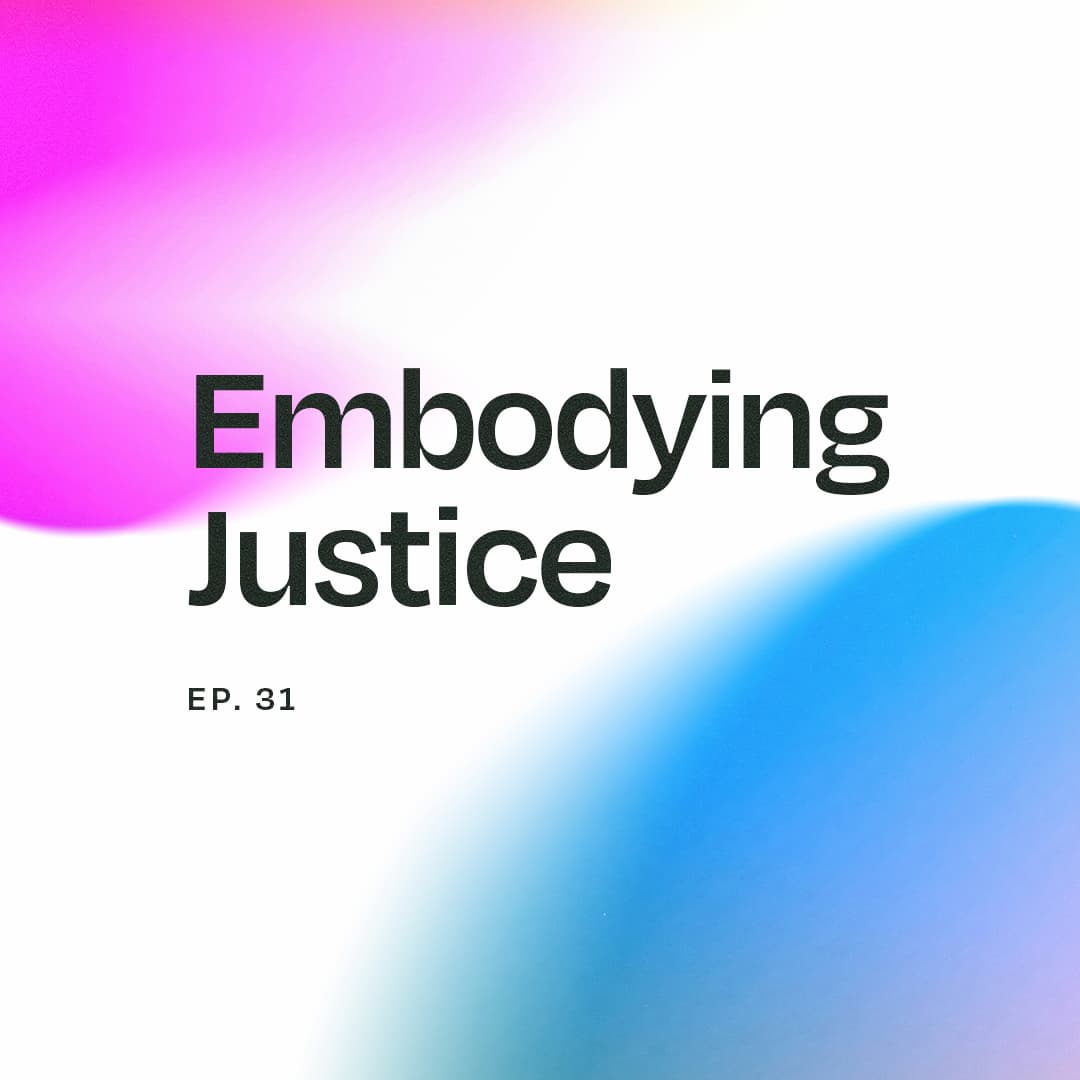
What does it mean to truly embody justice in our daily lives and church communities? Inspired by the wisdom of Micah 6:8, we embark on an exploration of how justice can transform church culture into a space radiating goodness, kindness, and love. We begin with some personal updates, sharing the joy of summer's end and the excitement of new school routines, and we celebrate a significant milestone in Josiah's life—his recent marriage!
Anchored in the insightful book, "Church Called Tov", we unravel the complexities of biblical justice beyond political lenses. We explore how justice is central to faith and relationships, drawing on the teachings of Jesus and theologians like Miroslav Volf. Through Jesus' prophetic actions and teachings, we reveal the integral role of justice in embodying God's heart and creating a loving community. This episode underscores the significance of living justly, not just as an abstract concept, but as a tangible practice that shapes our interactions and the church's health.
We're not just talking theory; we highlight real-world examples of addressing and recognizing injustice within and beyond church walls. Through powerful stories of advocacy and the necessity of empathy, we discuss the importance of transparency and proactive measures to tackle wrongs. Our aim is to inspire listeners to build relationships and cultivate a church culture that mirrors God’s justice, love, and empathy. Tune in for a compelling discussion that challenges each of us to live out justice authentically in our communities.